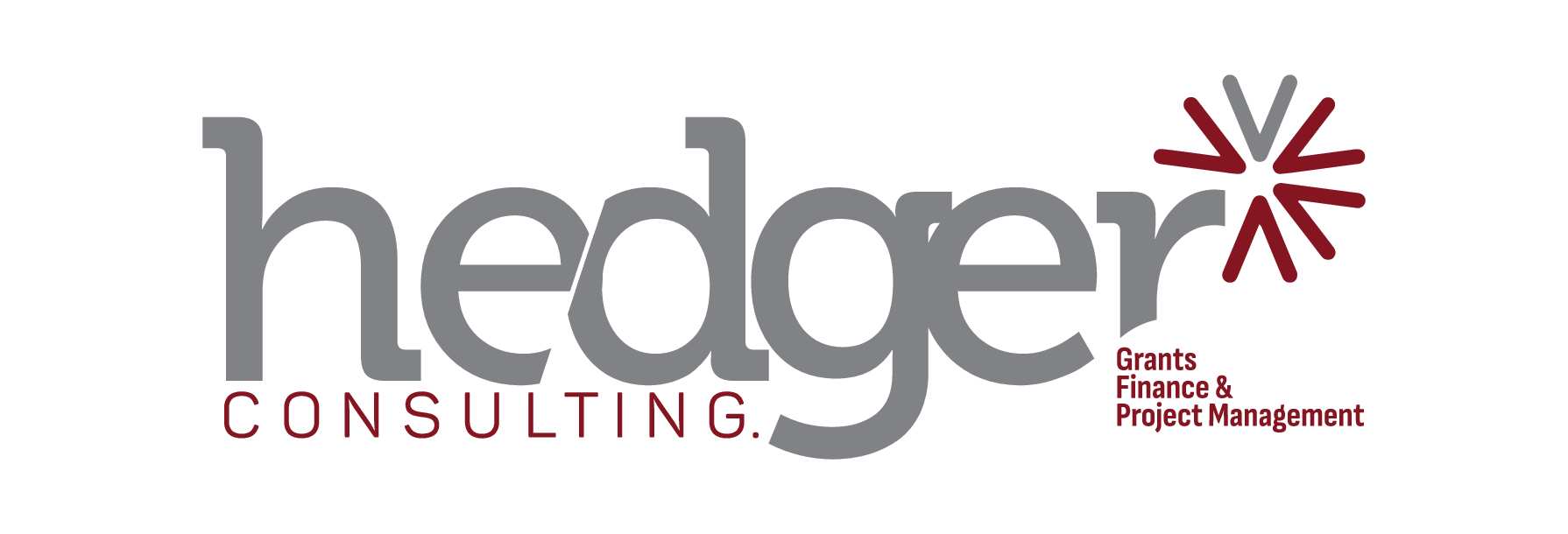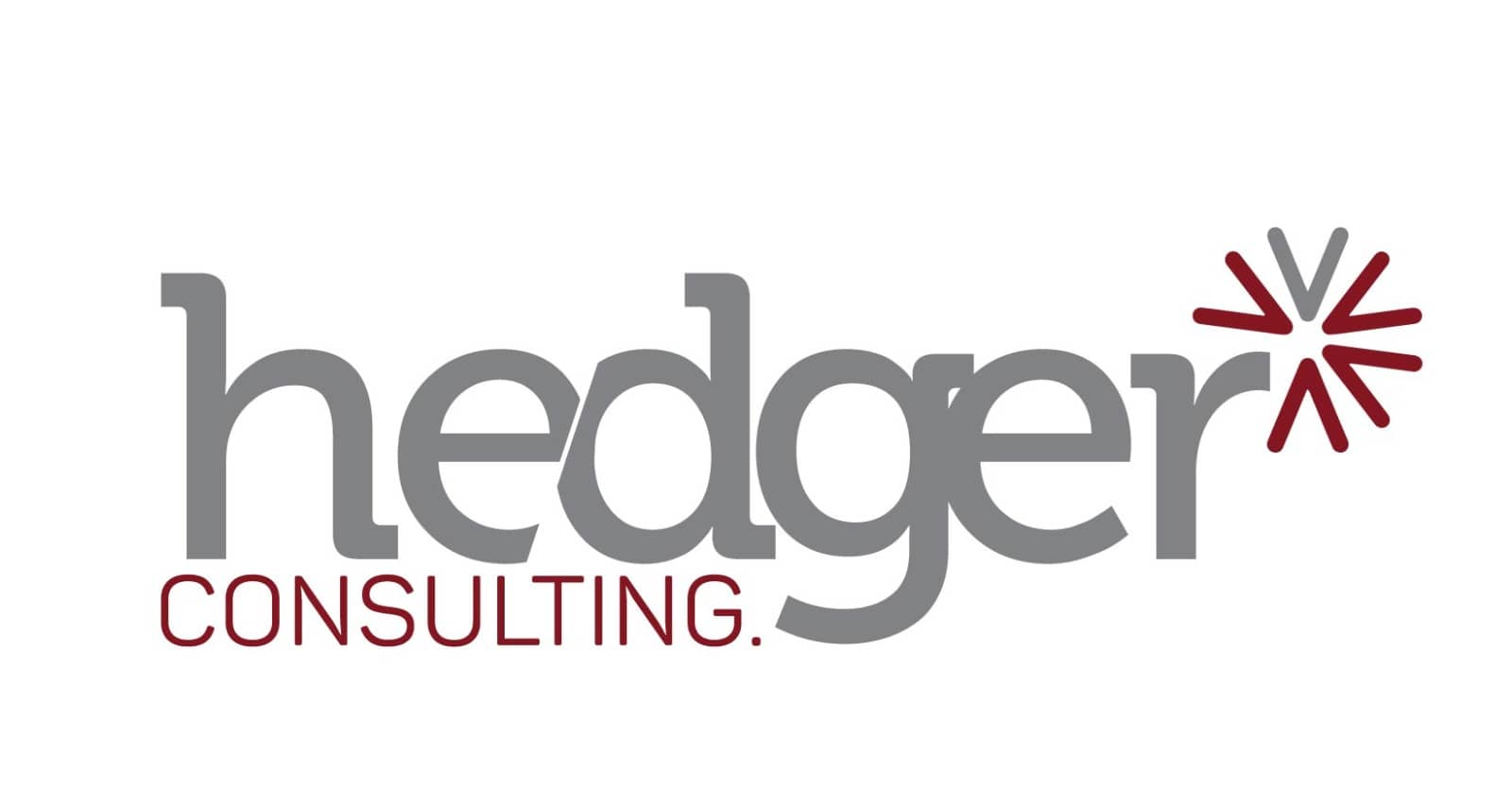
Effective grant management ensures that organizations use funding responsibly, achieve project
goals, and maintain positive relationships with funders. It is crucial for sustaining funding
streams and demonstrating accountability to stakeholders.
Grant management refers to the entire process of overseeing and administering grants, from the
initial application for funding to the closeout of the grant. It encompasses all the activities and
responsibilities involved in managing the life cycle of a grant, ensuring compliance with the
funder’s requirements, proper use of funds, and achievement of intended project goals. Grant
management is critical for non-profits, academic institutions, government agencies, and
businesses that rely on external funding to support their projects and programs.
Key Components of Grant Management:
1. Pre-Award Phase
Grant Proposal Development: Preparing and submitting a grant application or proposal
in response to a funding opportunity.
This includes:
o Identifying funding sources (government agencies, foundations, corporations)
o Developing a project plan, including goals, objectives, timeline, and budget
o Aligning the proposal with the funder’s priorities and requirements
Budget Planning: Preparing a detailed budget that outlines how the grant funds will be
spent, including direct and indirect costs.
Compliance Review: Ensuring that the proposal meets the eligibility criteria and
complies with the funder’s guidelines, such as allowable costs, project scope, and
reporting requirements.
2. Award Phase
Award Negotiation: Once a grant is awarded, negotiating the terms and conditions of the
grant agreement, including the budget, deliverables, reporting schedules, and any special
conditions or restrictions imposed by the funder.
Grant Agreement: Finalizing the formal agreement between the funder and the
recipient, specifying the obligations, compliance requirements, and terms for both parties.
3. Post-Award Phase
Grant Implementation: Executing the project or program as outlined in the proposal,
ensuring that the grant funds are used in line with the approved budget and for the
intended purpose.
o Budget Management: Monitoring expenditures and ensuring that the grant funds
are used appropriately and efficiently, within the approved categories (personnel,
travel, equipment, etc.).
o Cash Flow and Reimbursement: Managing the cash flow, invoicing the funder,
and ensuring timely reimbursements or drawdowns of funds as per the grant
agreement.
Compliance Monitoring: Ensuring compliance with the terms and conditions set by the
funder, including regulatory requirements (e.g., reporting, allowable expenses, matching
funds, etc.).
Subgrant Management: If the grant includes subgrants to partner organizations,
managing the disbursement of funds, monitoring subgrantee performance, and ensuring
compliance with the grant’s requirements.
4. Monitoring and Reporting
Performance Monitoring: Tracking progress against the grant’s goals, milestones, and
deliverables to ensure the project is on track. This may involve collecting data,
conducting evaluations, and adjusting the project as needed.
Financial Reporting: Preparing and submitting regular financial reports to the funder,
detailing how grant funds have been spent, including budget vs. actual expenditures.
Programmatic Reporting: Submitting progress reports on the implementation and
impact of the project, often at regular intervals (e.g., quarterly, semi-annual, or annual
reports) as required by the funder.
Audit and Documentation: Ensuring that all financial transactions and programmatic
activities are well-documented and ready for audit or review by the funder.
5. Closeout Phase
Final Reporting: Submitting final financial and programmatic reports at the end of the
grant period, including an analysis of the outcomes and impact of the project.
Grant Reconciliation: Reconciling the budget and expenditures, ensuring that any
unspent funds are returned to the funder, if required, and that all financial transactions
have been appropriately documented.
Program Evaluation: Conducting a final evaluation of the project’s effectiveness and
documenting lessons learned, which may inform future projects or grant applications.
Grant Closeout: Ensuring that all contractual obligations have been met, including
archiving records and preparing for potential future audits.
Best Practices in Grant Management:
Effective Communication: Keeping open lines of communication with the funder and
internal stakeholders to ensure transparency and avoid misunderstandings.
Compliance and Internal Controls: Maintaining a strong system of internal controls to
prevent misuse of funds and ensure compliance with grant terms.
Capacity Building: Training staff on grant management policies, procedures, and tools
to ensure everyone understands the requirements.
Regular Monitoring: Continuously tracking both financial and programmatic progress
to identify and address potential issues early.
Risk Management: Identifying and mitigating risks related to grant performance,
financial management, and compliance.
Software Tools for Grant Management:
To streamline the grant management process,
many organizations use software solutions like:
WizeHive; We have experience in implementation of the WizeHive Grant
Management System)
ERPs; We have experience in implementation of various ERPs for Grant
Management.
These tools assist with proposal submission, budget tracking, compliance monitoring, reporting,
and grant closeout.





